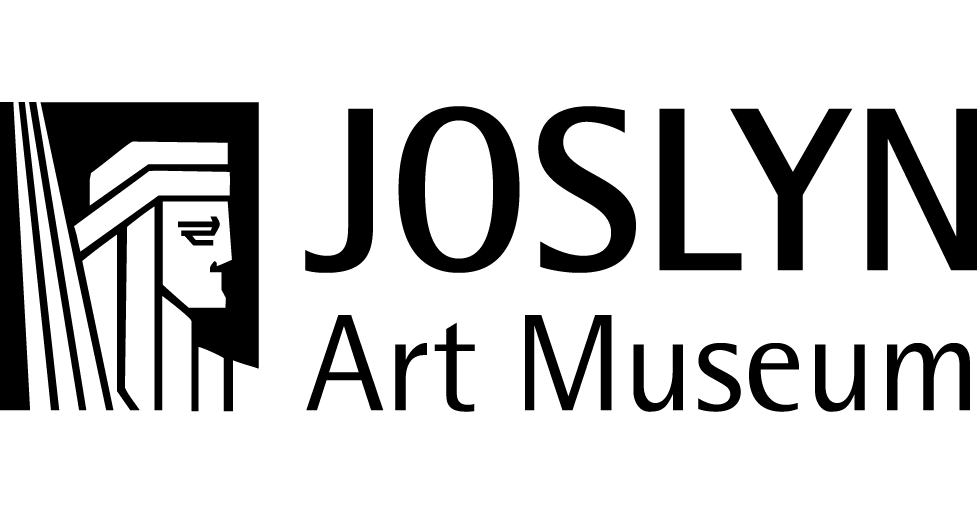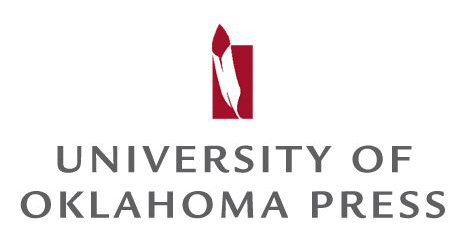August 27, 1833
27 August: Early in the morning, nice, clear weather; during the night there had been a severe storm. At 7:30, 74°F [23.3°C]. Doucette returned [with] the confirmation that the Indians would be here in two or three days. He had brought the Kootenai and his son along. The Indians camped near a lake where extremely many waterfowl—gulls, ducks, seven hundred to eight hundred Numenius, etc.—were seen. Also wild geese in large numbers. The Indians do not shoot them, because they have to conserve their very limited ammunition and bullets. Last evening we were about to go to bed when we were invited to Mr. Mitchell’s, because Mr. Culbertson, according to local custom, had married an Indian woman. He had paid goods worth one hundred dollars, and his Piegan wife had brought him a rifle; a horse was to follow. She was from White Buffalo’ s family. Toward noon a few new Piegan ⟨[tipis]⟩ arrived. These Indians were nicely dressed. It was exceptionally hot today: in our room, which we kept as cool as possible, 79–80°F [26. 1–26.7°C].
Bear Chief, Nínoch-Kiä́iu, had not come today, as he had promised yesterday. Last evening he is said to have [made] very bad and ugly remarks about the fort and the whites. One could clearly see that Bird was inciting the Indians; certainly he is a spy for the Hudson’s Bay Company, entrusted with the task of ruining the American Fur Company’s business with the Indians. Yesterday an Indian woman came here from the fort and announced that she had been told the Indians would demand double the usual price for their beaver, and if this were not given, they would kill all the whites. Even if such rumors are unfounded, they nevertheless reveal the bad mood among the Indians. When the Piegan band, 250 [tipis] of which are now arriving, are here, we will be very weak, because tomorrow the expedition leaves for the Kootenais, which will take two interpreters and several of the best men from us. Then we will retain only a few men who speak the Blackfoot language a little and will often have difficulty making ourselves understood to the numerous visitors, especially when bartering.
The Indian with the [pipe-lighting] stick came and offered me a necklace of pungent Kootenai roots. In return he wanted little bells, which I gave him. These necklaces are paid for dearly by those in whose territory they do not occur. The Ojibwe had bought up a large number of them, which fetch a high price among his people.
Last evening Bird wanted to buy a horse from Mr. Mitchell. He was told that a certain number of them were needed for the expedition to the Kootenais; these he could not have. But his choice always fell upon those that belonged to this number, [and] therefore he was offended. Today he wrote and wanted to buy whiskey but was told in reply that he could not have any before [the] trading was over; he will surely become even more resentful. The mood of this dangerous man is very bad for the American Fur Company, and his influence among the Indians is very great.
Several new Indians arrived, including a crafty, jovial man who had heard of the Indian portraits and would not rest until he had seen them. They laughed very loudly and with delight at the sight of them. While sitting in the courtyard, he remarked that it was hard to ride day and night, to be tired, and then not even to receive a pipe full of tobacco. Afterward he smoked with us. Mr. Bodmer’ s music box made a great impression on all who heard it. They regard this box as a great med - icine and, next to the steamboat, as certainly one of the greatest. All [the] Indians who [had traveled to] the [United ">UnitedStates] spoke on their return of the marvels they saw there but were not believed and were told they were liars.
Toward evening several new Indians arrived, and many of them received whiskey. Most of them drank, and many were drunk. Yet one seldom sees them behave badly when they are intoxicated; instead, they are very merry and sing, dance, and sway back and forth. Most of those who wanted to drink had their chichikué in their hands to rattle while chanting. One saw very sedate men offer everything, which yesterday they would not give away for any price, for a little whiskey.[Page 2:244] White Buffalo offered a good gun (here thirty dollars in value) and a beautiful quiver of panther hide for a little whiskey, but there was no one to take advantage of his intoxication. The evening was clear and warm with beautiful, bright moonlight. At eight o’ clock a wind arose. Individual Indians were in the fort until late; [their] only desire was to obtain whiskey.


